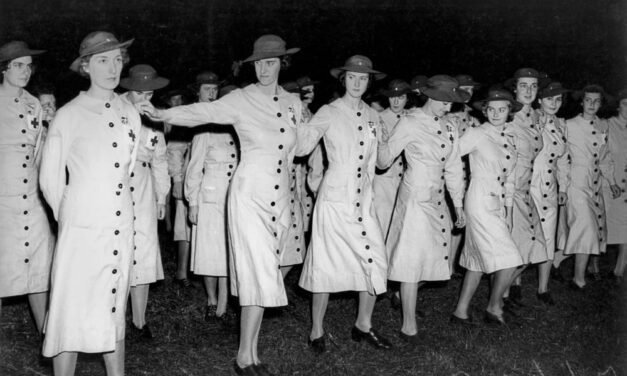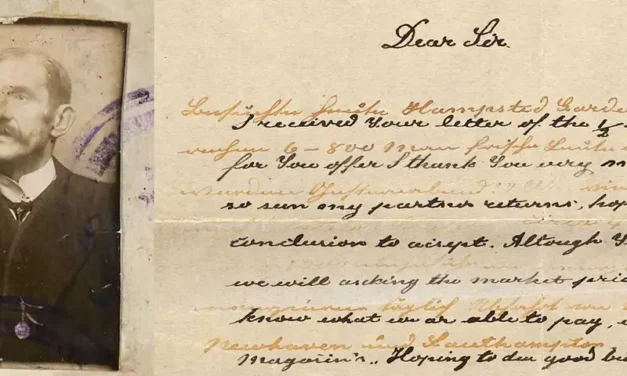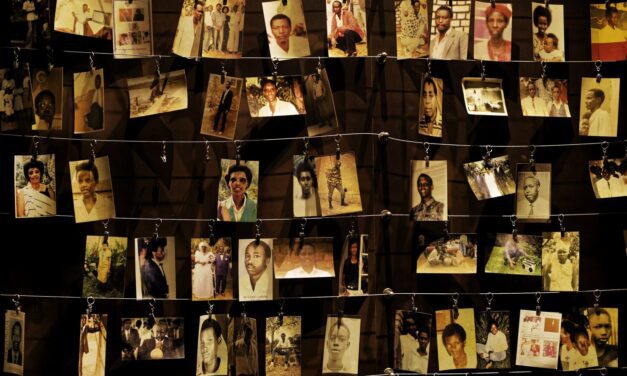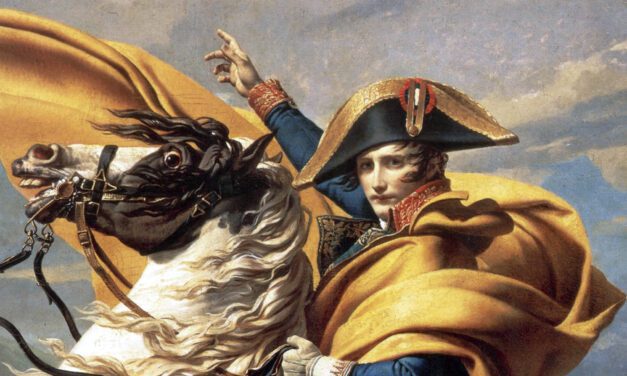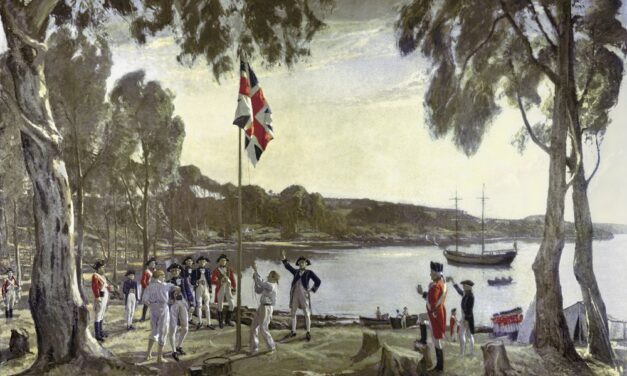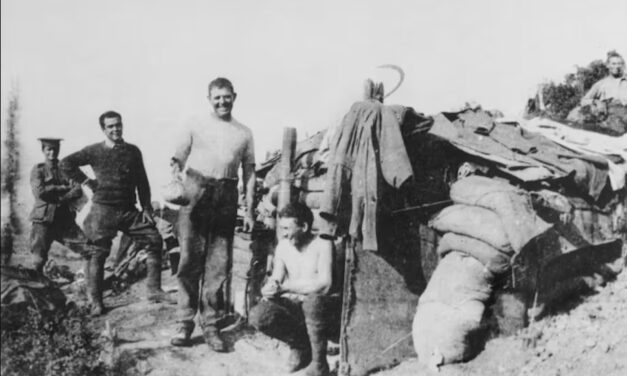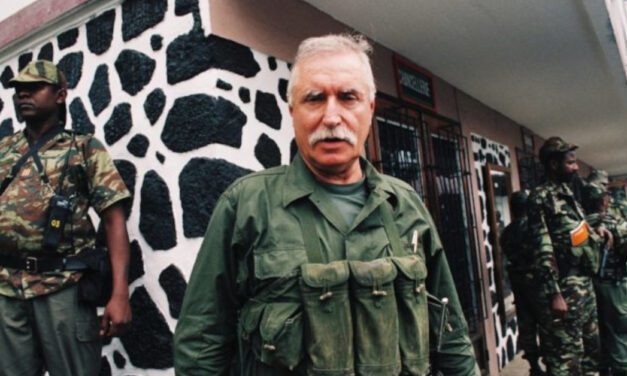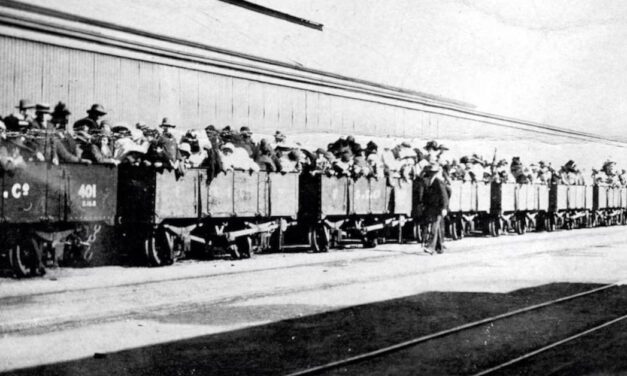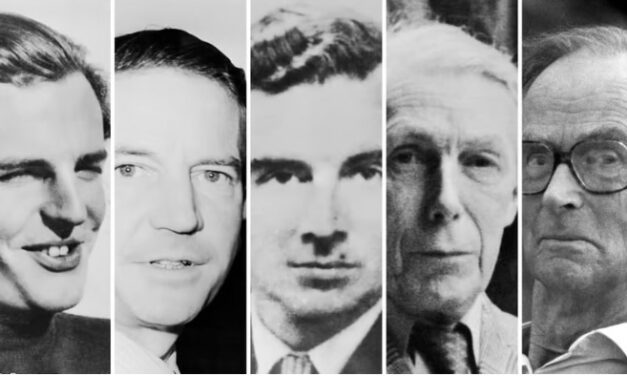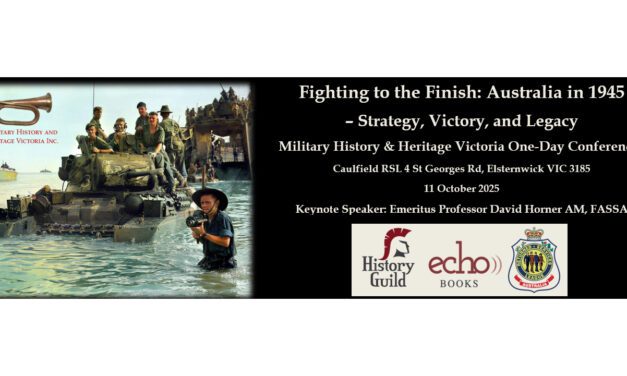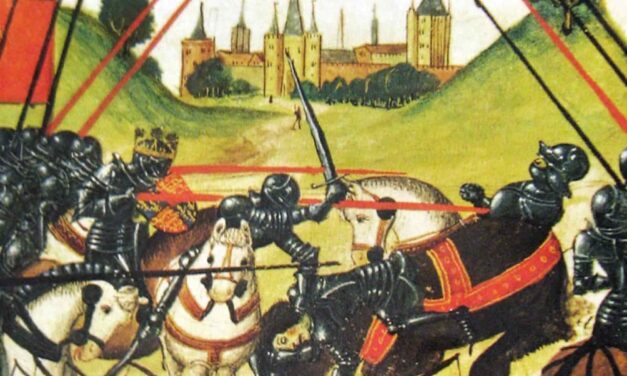Life in an Australian field hospital in the Med during WW2
Reading time: 5 minutes
In our documentation of eyewitness accounts of Australians in the Med during WW II, we have mainly focused on the experiences of frontline troops and sailors, men who faced enemy fire and worse. What about people a little farther back from the front, those who took care of the wounded?
Read More
